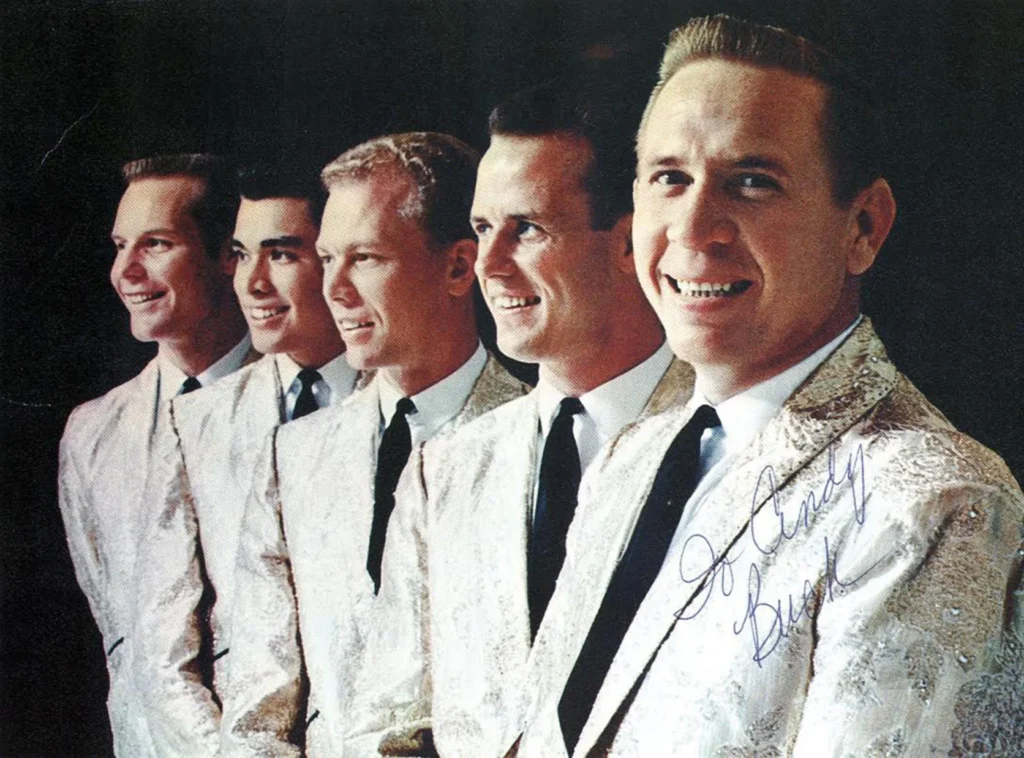
A Plea Wrapped in Steel Guitar: Longing in the Face of Love’s Departure
When Buck Owens released “Think of Me” in 1966, it swiftly rose to the top of the Billboard Hot Country Singles chart, claiming the No. 1 spot and further cementing Owens’ status as the preeminent architect of the Bakersfield Sound. Featured on his album Open Up Your Heart, the song embodies the stripped-down, electrified ethos that stood in direct contrast to Nashville’s lush orchestration at the time. But beyond its sonic defiance lies a lyrical vulnerability that cuts deeper than any Telecaster twang—a lamentation for love lost, delivered with aching restraint.
By 1966, Buck Owens was no stranger to chart-topping success. His brand of country music—lean, punchy, and laced with a honky-tonk rawness—offered a working-class authenticity that resonated across America’s heartland. Yet “Think of Me”, though simple in structure and melody, offers something more than mere romantic sorrow. It is a masterclass in emotional economy: sparse in words, yet rich with resonance.
The song’s lyrics sketch a familiar tableau—two lovers separated not by betrayal or animosity, but by an inevitable drift. “When you go away / And leave me / Here to stay / Think of me,” Owens pleads in the opening lines. There is no anger, only a quiet resignation tinged with hope: hope that memory might serve as a tether across distance, and that affection might outlast absence. This is not heartbreak at its dramatic climax; this is heartbreak long after the door has closed, when silence is louder than shouting and memory more potent than presence.
Musically, “Think of Me” exemplifies Owens’ brilliance in restraint. The instrumentation is classic Bakersfield: crisp drums, pedal steel guitar crying just behind the vocal line, and Don Rich’s shimmering harmony vocals weaving seamlessly through Owens’ lead. There are no grand crescendos or orchestral flourishes—only that signature snap of West Coast country rhythm and a melody that carries its emotional weight with understated grace.
But perhaps what endures most about “Think of Me” is its universal appeal—the way it distills longing into something both deeply personal and widely relatable. In its gentle repetition of “think of me,” there lies an eternal human desire: to be remembered, to matter even when we are no longer present. This longing transcends time and genre, making the song as poignant today as it was nearly six decades ago.
In “Think of Me”, Buck Owens doesn’t simply sing about lost love—he maps its quiet aftermath with unflinching honesty. And in doing so, he gave us not only another No. 1 hit but a timeless entry into country music’s emotional canon.